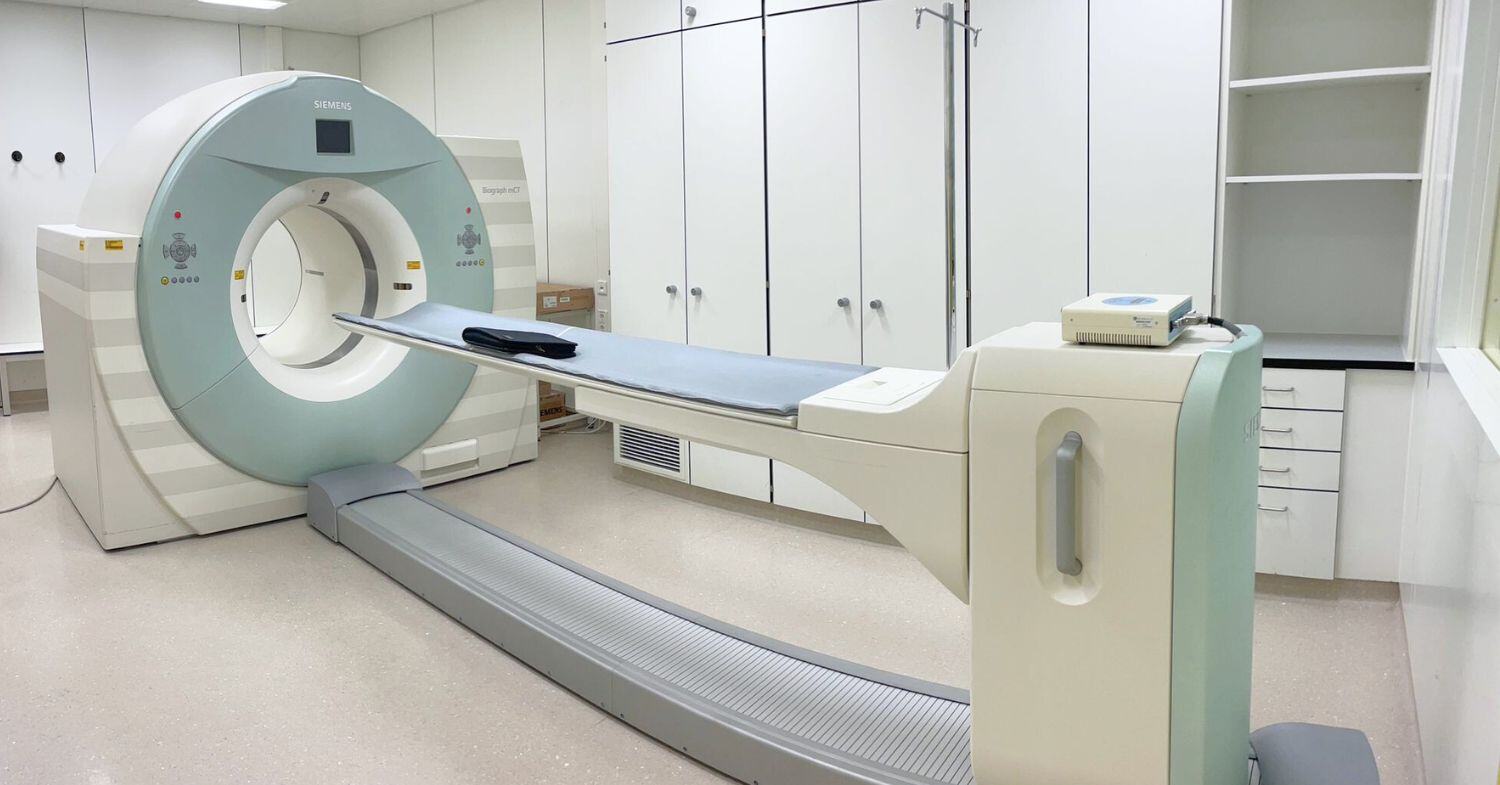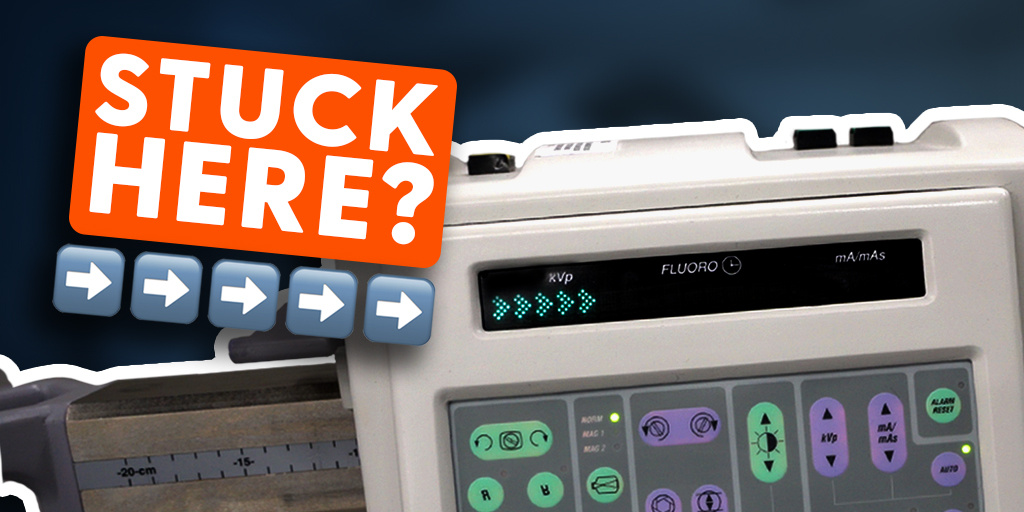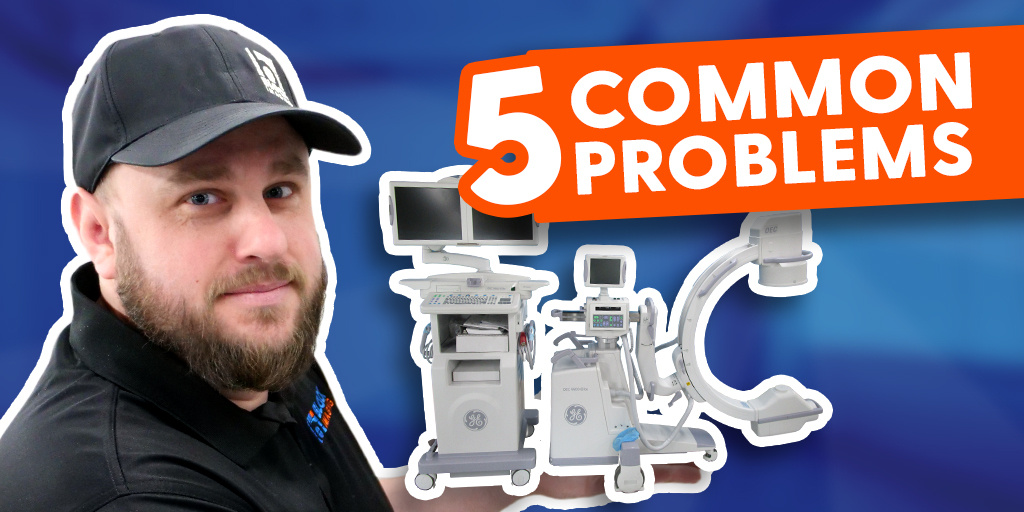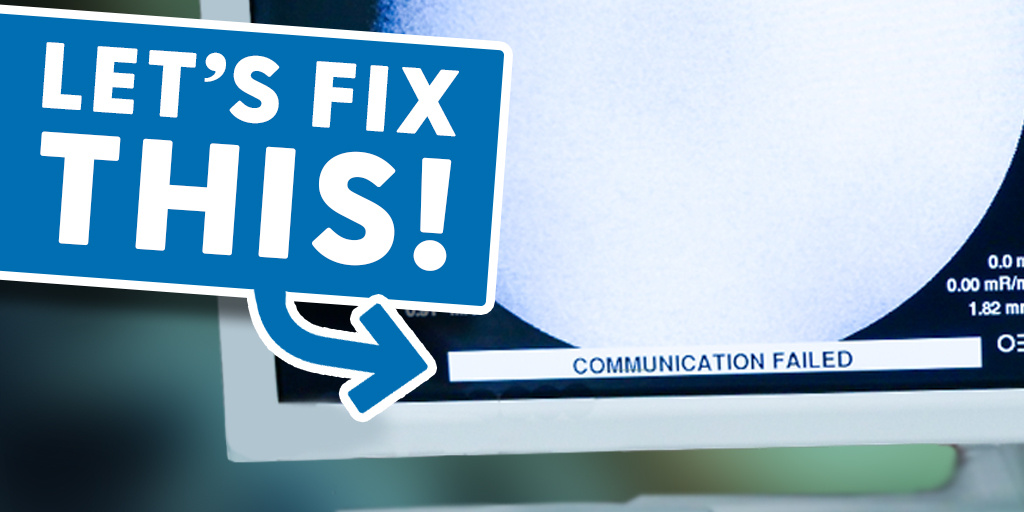
With prostate cancer being the second most common form of cancer for men in America, providing quality care for patients undergoing treatment is imperative. PET/CTs have been able to meet that need through the development of PMSA scanning to effectively stage, treat, and evaluate the cancer.
All PET/CTs have the capability to function as PSMA scanners. I‘ve seen Discovery STe, Philips Gemini TF 16, GE Discovery 610, and a Siemens Biograph TruePoint 16 performing PSMA scans.
From a technology standpoint, if you have a PET/CT, it is most likely suitable for PSMA.
But if you don’t have a PET/CT, and are considering introducing PSMA scanning to your practice or starting a new practice to do PSMA scans, which scanner should you pick?
Read on to see the features that customers tell me they prefer when doing PSMA scans as well as our take on which systems could be best for you.
- How do PET/CTs do PMSA scans?
- Top essential PMSA scanning features to look for
- Which PMSA scanner is best for my needs?
- Final thoughts
Note: Block Imaging provides refurbished PET/CT machines and parts in order to solve all the pain points listed above. You can read about it in detail below or reach out to our sales team to learn more about how it can help improve diagnostic imaging.
How Do PET/CTs do PMSA Scans?
This type of PET/CT scanning achieves the images through tracing the proteins found on the surface of prostate cancer cells. These proteins are referred to as PMSA (Prostate Specific Membrane Antigen). Until fairly recently, the available radiotracers have not been the kind that will bind to prostate cancer cells. However, this changed when some new radiotracers appeared on the market, FDA-approved, and today there are several available.
Top essential PMSA scanning features to look for
Metal artifact reduction
Practices that do PSMA indicate that a significant proportion of their patients have hip replacements or pins. This is especially important since those hip replacement and pin pieces are around the prostate. To anticipate this, customers choose a scanner that includes metal artifact reduction (MAR). Look for iMAR in Siemens scanners and MAR on GE scanners.
Time-of-flight
Centers with scanners that have time-of-flight report crisper and faster scans. However, higher throughput may not provide a significant advantage if you are not dealing with more than eight to ten patients per day. Techs say that time-of-flight scanners results in clearer pictures as well. Scanners in the category are Siemens Biograph mCT and Horizon and GE Discovery 690, 710 and MI.
Lutetium based detectors
Admittedly this is a preference, but it may be persuasive given that all the major manufacturers are now mainly lutetium based. Siemens has only ever been LSO (lutetium oxyorthosilicate), but Philips switched in 2006. GE introduced lutetium in a limited amount around the same time with their Discovery RX scanners and then moved to make it much more prominent with the introduction of the GE Discovery 690.
Which PMSA scanner is best for my needs?
Choosing the right PMSA scanner for your practice will depend on four major areas: throughput, budget, preference, and timeline.
Popular system options
These systems are the most in demand when it comes to PMSA scanning based on feedback we hear from customers:
|
GE Discovery STe GE Discovery 690 GE Discovery 710 GE Discovery 610 GE Discovery MI |
Cost overview
If you’re looking for a low cost to get in, the GE Discovery STE or Philips Gemini TF 16 are great options. Both are workhorses that, with proper maintenance, will not let you down. Additionally, the Siemens Biograph 40 and 64-slice are also solid choices at a very reasonable price point.
If you’ve got high throughput and a bit more money to spend, then the GE 690, 710 or the Siemens Biograph mCT or Horizon will provide excellent long-term use.
If you’re doing additional studies besides PSMA, we recommend reaching out to us to discuss as it would be good to discuss those your equipment vendor or reach out to us as you’ll want to make sure that whichever scanner you get will be a top performer in those other studies as well.
Timeline expectations
These are large pieces of equipment, so the hospitals often plan to replace their equipment within several months of buffer time. As a result, it’s not uncommon for projects to be planned six to nine months in advance. To accommodate this, keep in mind that the sooner you reach out to us, the better choices you will have in equipment.
If you need something within ninety days, we look at systems that we have in stock. Regardless of how far in advance you need this, checking with us can let you know what your options are.
Final Thoughts
Finding the right PMSA scanner for you can be overwhelming, but we hope our resources can help you in your journey. If you’re interested in more information, I’m happy to consult with you on what’s available for a quick install and what systems are coming down the pike. You can rest assured that our team of project managers, customer service representatives, and product specialists will work together for a solution that meets your facility’s needs and is within your budget.

Josh Nunez
Josh Nunez is the Director of Product Management at Block Imaging. Josh is energized by developing an understanding of each customer's unique imaging needs and overcoming the challenge of helping find them the perfect equipment match. When he is not providing PET/CT solutions he enjoys traveling, soccer, and spending time with his wife and five kids.





